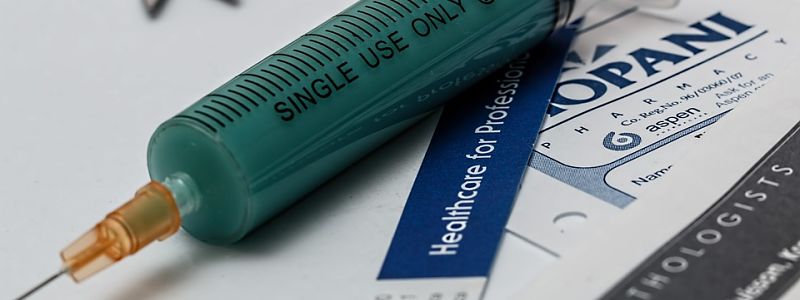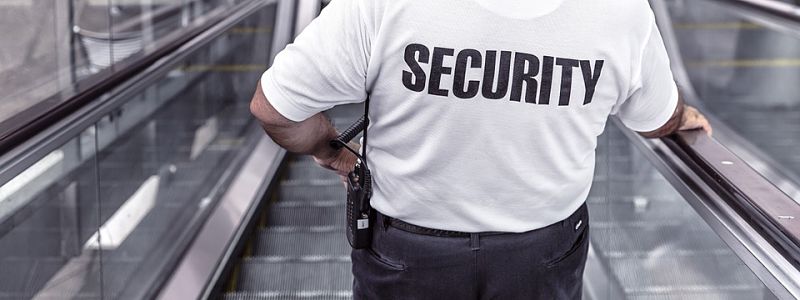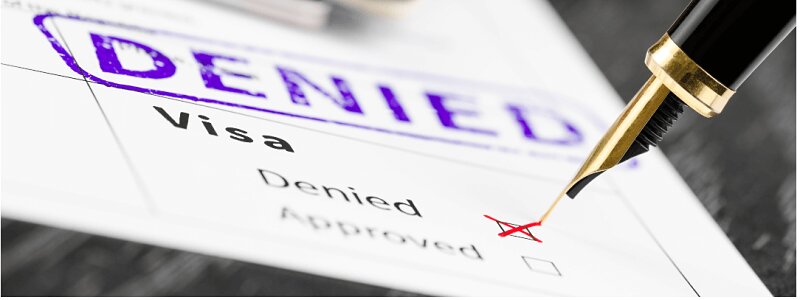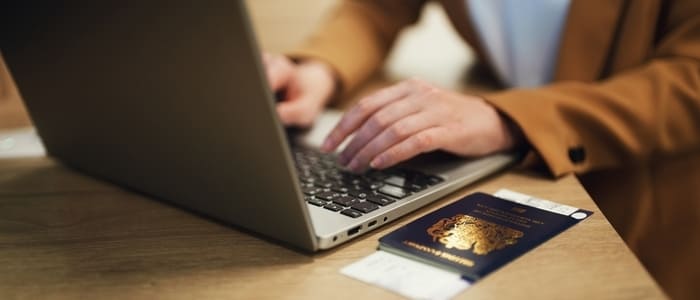
If you’re planning a trip to Egypt, you will need to ensure that you are fully prepared. This means obtaining a visa for Egypt (if eligible), and getting the right vaccinations and health advice.
This article includes important health information for Egypt, including:
- Required vaccines
- COVID-19 requirements
- Safe eating and drinking
Do I Need Any Vaccinations for Egypt?
There are required and recommended vaccines for Egypt. The World Health Organization (WHO) suggests the following vaccinations for Egypt:
- Hepatitis A: recommended for most travelers
- Hepatitis B: especially recommended to travelers who plan on using needles (for examples, for tattoos) and having sexual intercourse while in Egypt
- Typhoid: these vaccines last 2 years (injections) and 5 years (oral vaccine) so it’s important that you check whether you had it done recently
- Yellow fever: depending on the region you’re visiting and the time of the year you’re traveling to Egypt, you may or may not need this vaccine. Check which are the requirements to present the yellow fever certificate and if you need to present it because of your nationality.
- Rabies: Due to the number of stray dogs and other animals that you may encounter, a rabies vaccine is strongly recommended to those who plan to spend a long time in Egyptian cities and/ or plan to work and come in contact with animals
- Polio: Polio is treated as a routine vaccine for most travel itineraries as it’s mandatory if you’ve visited an affected area
The following routine vaccinations may also require a booster before you leave for Egypt:
- Measles, Mumps, Rubella (MMR)
- Tetanus, Diphtheria, Pertussis (TDP)
- Chickenpox
- Shingles
- Pneumonia
- Influenza
- Meningitis
In addition to vaccinations, most foreign nationals must have a visa. Eligible travelers can complete the quick Egypt eVisa application form online to save time.
Is There Malaria in Egypt?
The last case of locally-transmitted malaria in Egypt occurred in 2014 in a village in the Aswan Governorate. Even then, it had been over 20 years since the previous case.
The Egyptian Ministry of Health immediately took strong malaria control measures in the area and now Egypt has fully eliminated malaria. There is no need for travelers to take anti-malaria tablets before and during their holiday.
However, it’s still important to protect yourself from insects, as malaria is not the only disease that can be spread with their bite. The following are easy steps you can take to avoid bites:
- Using insect repellant
- Wearing light and protective clothing
- Sleeping in either an air-conditioned room or under an insecticide-treated bed net
Do I Need Proof of COVID-19 Vaccination to Travel to Egypt?
No, Egypt has now removed all travel restrictions, including the requirement to be fully vaccinated.
Previously, international travelers had to show a full course of COVID-19 vaccination or a negative PCR or antigen test taken at least 72 hours prior to departure. This is no longer the case.
How to Avoid Food Poisoning in Egypt
However, there are some measures you can take to minimize the risk of food poisoning while in Egypt:
- Wash your hands thoroughly as often as possible, especially before eating and after using the restroom
- Avoid raw and undercooked food especially meat, chicken, and fish
- Avoid unpasteurized milk and cheese
- Avoid fruit and vegetables that you can’t peel unless you’ve washed them yourself
- Avoid food that’s been left uncovered for a long time
- Don’t share food, drinks, and cutlery with others
Can I Drink the Water in Egypt?
Tap water quality and water treatment methods vary from region to region in Egypt and can be affected by a number of factors such as the age and material of the pipes, agricultural run-offs and chemical pollutants, human and animal waste, etc.
The best thing you can do is avoid drinking from the tap unless you’re completely confident in the quality of the water.
Rather, choose bottled water and drinks. Hot tea, infusions and other drinks where the water is boiled are safe. Refusing ice in your drinks and brushing your teeth with bottled water are also good ways to prevent illness.
If you don’t have access to bottled drinks, make sure to boil the water before consumption or use antibacterial tablets designed for this purpose.


